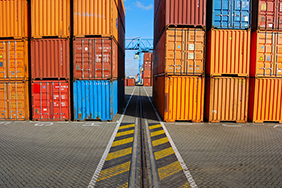The price of fairness: Tackling mispricing of commodity exports from poor countries

For decades, countries in Africa, Asia, and Latin America have remained trapped in poverty despite continuously exporting valuable commodities with which they are richly endowed. This policy brief outlines one of the key causes of this harmful, unjust phenomenon: trade mispricing. More importantly, it introduces a raft of measures that can be taken to stop revenue losses from trade mispricing.